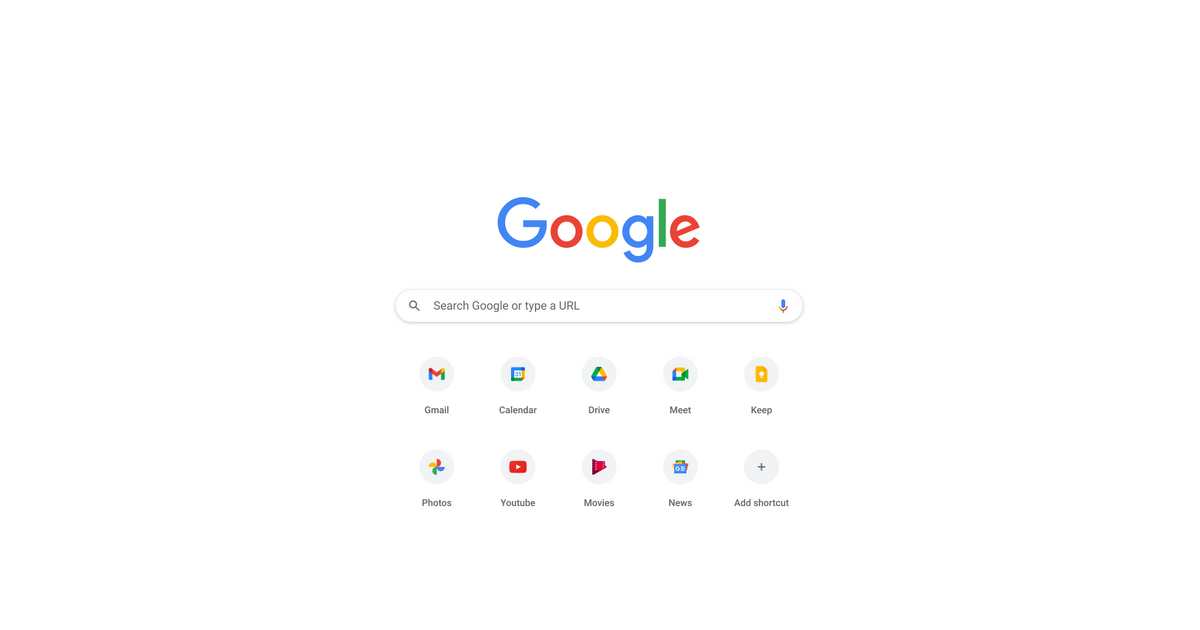Incgonito mode is, in theory, private. It should stop your phone or computer from collecting cookies, or recording the URL of any site you visit. But just how private is private browsing? That's the question we'll be looking at today. So if you were wondering whether Incognito mode is tracked, you'll find answers below.
Is Incognito Mode Tracked?
Partially. When you enter Incognito mode, none of your browsing history, site data, cookies or information you enter into forms are saved on your device. So none of your activity will appear in your Chrome browser history. Anyone else who uses your device won't be able to see your activity.
However, as Google warns whenever you open an Incognito window, your activity may still be visible to your internet service provider, your school or employer (if you're using a school or work device) and the websites you visit. In addition, if you sign-in to a website while in Incognito mode, that website will know who you are, and can track you from that point on.
So in short, Incognito mode tracks you a lot less closely than 'regular' mode. But your activity may still be tracked. This obviously has privacye implications. So just how private is private browsing?
Read More: How Secure Is Google Drive: Is Google Drive End-To-End Encrypted?
How Private Is Private Browsing?
Private browsers prevent websites from saving your browsing data on your device, and make it harder for websites to track you. This means that other people who use that device cannot see what you've been doing. There are several situations where this may be useful, such as shopping for Christmas presents, or borrowing someone else's device to check your emails, where you don't want your username or password being recorded. And even for things like shopping, secretive websites can help. It means websites can't alter prices based on your search history.
But it doesn't make your browsing totally anonymous. As we said above, your ISP can potentially track what sites you've visited. Your employer, your school, and the websites you visit may also be able to track what you've been doing.
Secretive browsing is great if all you want is to stop your signifcant other from seeing what you've bought them for Christmas. But if you want to be truly private, these forms of browsing will not do the job for you. In order to achieve that sort of privacy, you might wish to consider something like a VPN. A virtual private network encrypts your data, and uses a secure chain to hide your IP address. This will obscure your online identity, giving you much greater security and anonymity.
Read More: Google Chrome Dark Mode: Is There A Chrome Dark Mode, And How To Turn On Chrome Dark Mode?





